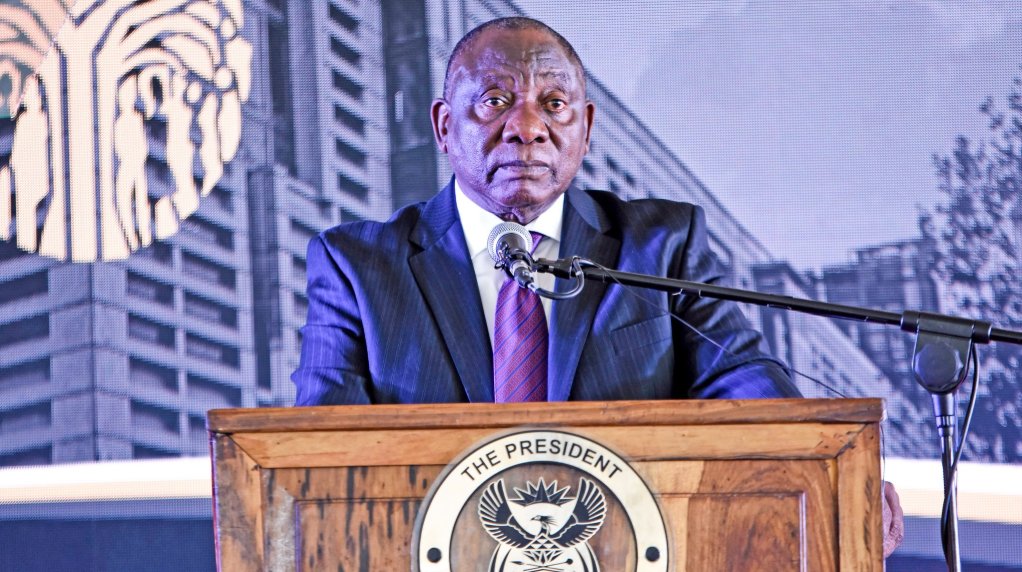President Cyril Ramaphosa has expressed South Africa’s commitment to working with countries to confront the debt challenge in a manner that is “effective, sustainable and just”.
Ramaphosa wrote in his weekly letter to the nation that countries face more daunting challenges than at any other time, from the growing devastation caused by climate change to persistent levels of poverty in many parts of the world.
He explained that to confront these challenges, countries need to mobilise funding to tackle climate change, reduce poverty and build infrastructure that enables sustainable and inclusive economic growth.
The world needs an estimated $4-trillion dollars a year to meet the United Nations Sustainable Development Goals by 2030, a gap, which he said can only be closed through more affordable, long-term sustainable financing.
He highlighted that a major contributor to this financing gap is the growing debt burden faced by many developing economies, particularly those in Africa.
“…around 3.4-billion people now live in countries that are spending more on interest payments to creditors than on health and education.”
Ramaphosa pointed out that debt can be a tool for development, if it is affordable and spent efficiently on infrastructure and other investments that support growth.
“...however, a succession of external shocks – including the Covid-19 pandemic, the destabilising effect of various conflicts around the world and tightening financing conditions – has caused the cost of debt to rise rapidly for many developing economies,” he added.
Last week, the world came together at the fourth Financing for Development Conference in Sevilla, in Spain, to agree on a set of actions to advance development over the next decade.
“At the inception of our G20 Presidency, we appointed an Africa Expert Panel led by Trevor Manuel, our former Minister of Finance, to develop recommendations that the G20 can take forward. We did so because we are convinced that Africa’s development must remain front and centre this year and into the future,” Ramaphosa said.
Government had since focused on practical solutions to achieve debt sustainability, he added. This includes improving the G20 Common Framework for debt treatments for timely and adequate debt restructuring.
“We are also working to expand the use of innovative mechanisms to alleviate the debt burden in times of crisis, such as climate resilient debt clauses, which automatically pause debt payments when a country faces a climate disaster,” he said.
Going forward, a key priority will be to ensure that more support is available to countries facing financial liquidity challenges, with interventions taking place early enough and providing enough relief to avoid a crisis, Ramaphosa assured.
“We have shown that this is possible through previous efforts spearheaded by the G20, such as the Debt Service Suspension Initiative, which created fiscal space for low-income countries during the Covid-19 pandemic,” he said.
He explained that countries need the political will to translate proposals into action and to do so at a scale that matches the size of the challenge.
“Countries committed in Sevilla to take concrete actions to enhance fiscal space, address debt challenges of developing countries and lower the cost of capital. This commitment was reinforced by the Rio de Janeiro Declaration adopted at the BRICS leaders’ Summit in recent days, which recognised the need to address in an effective, comprehensive and systematic manner the debt vulnerabilities of both low- and middle-income countries,” he said.
EMAIL THIS ARTICLE SAVE THIS ARTICLE ARTICLE ENQUIRY
To subscribe email subscriptions@creamermedia.co.za or click here
To advertise email advertising@creamermedia.co.za or click here











